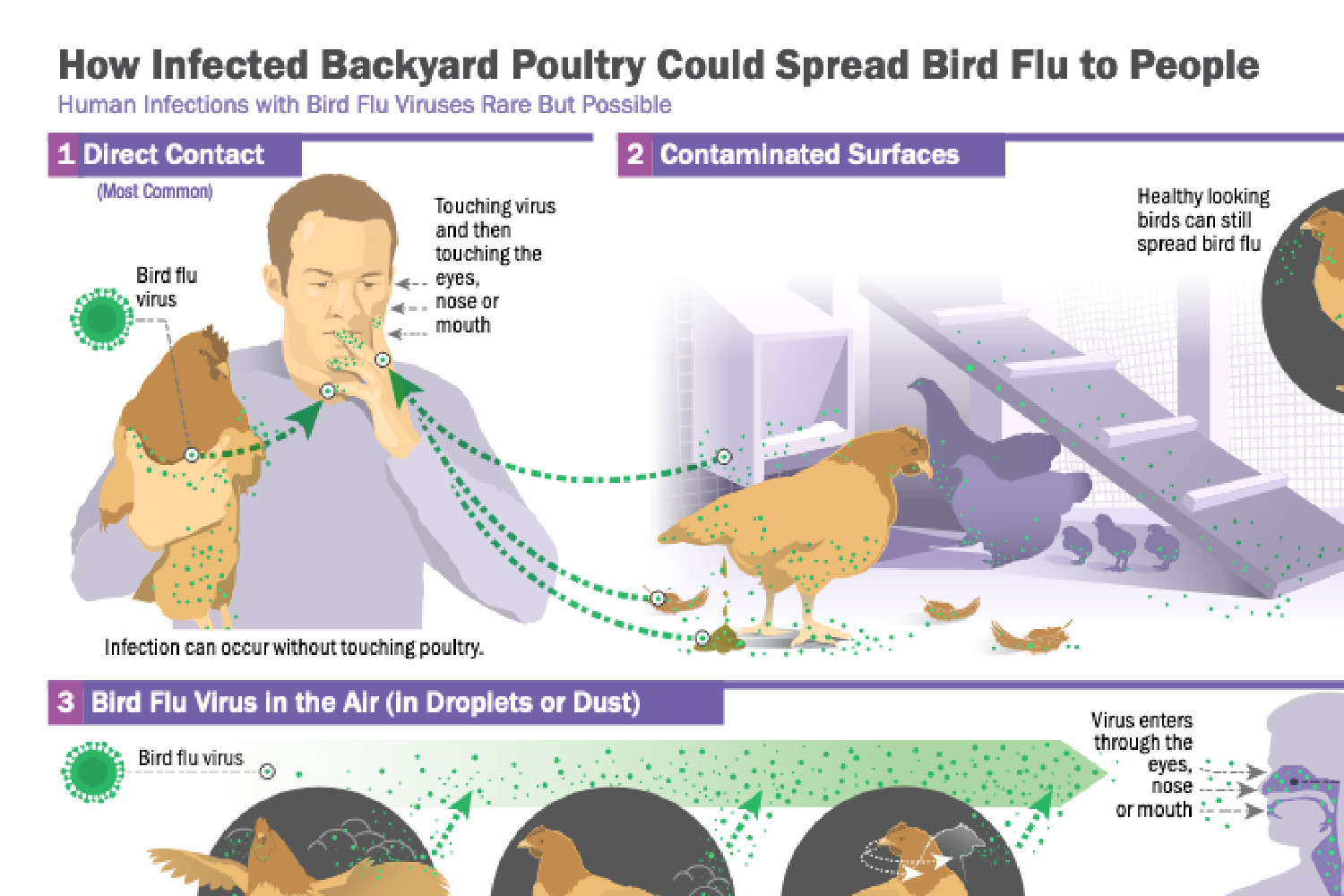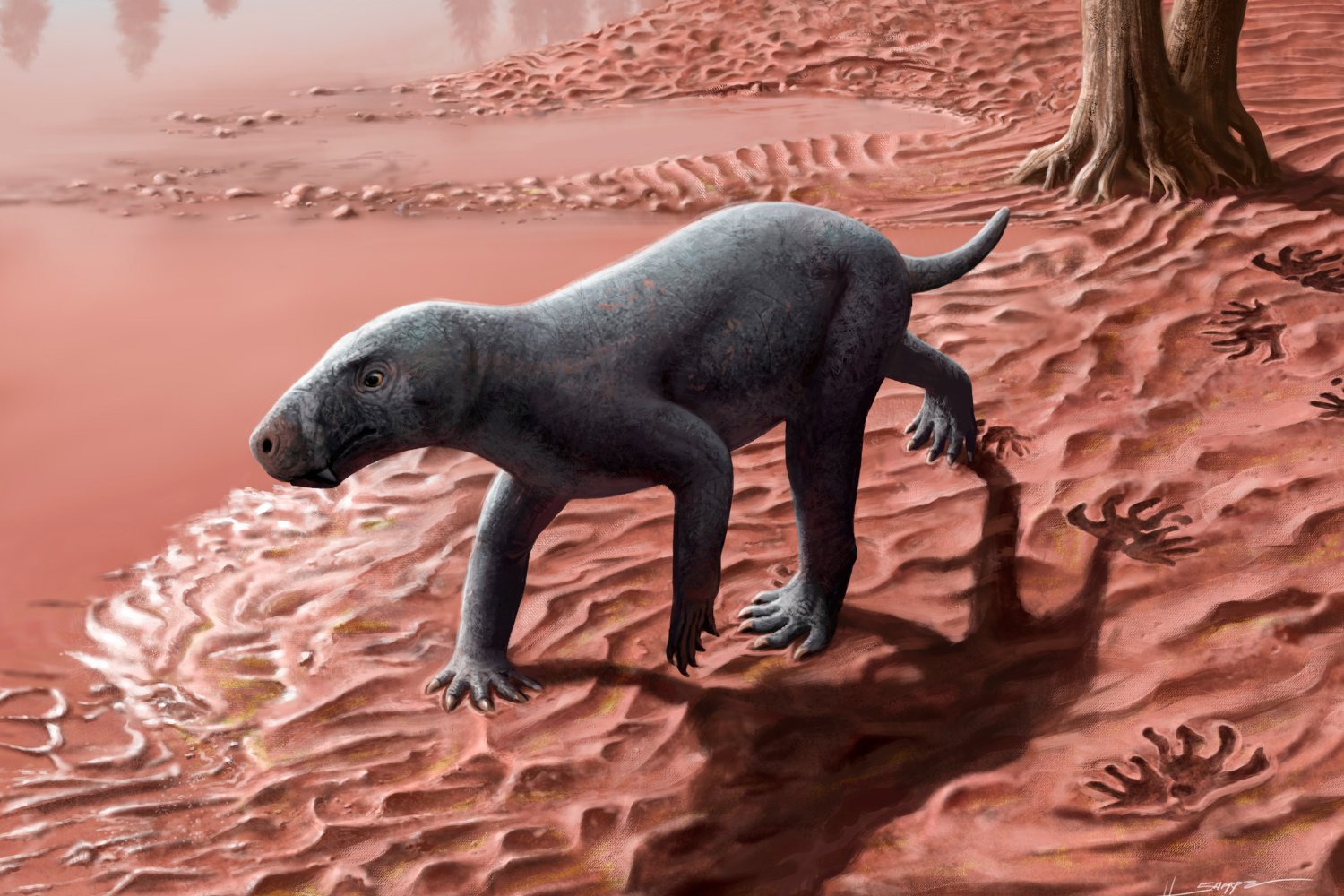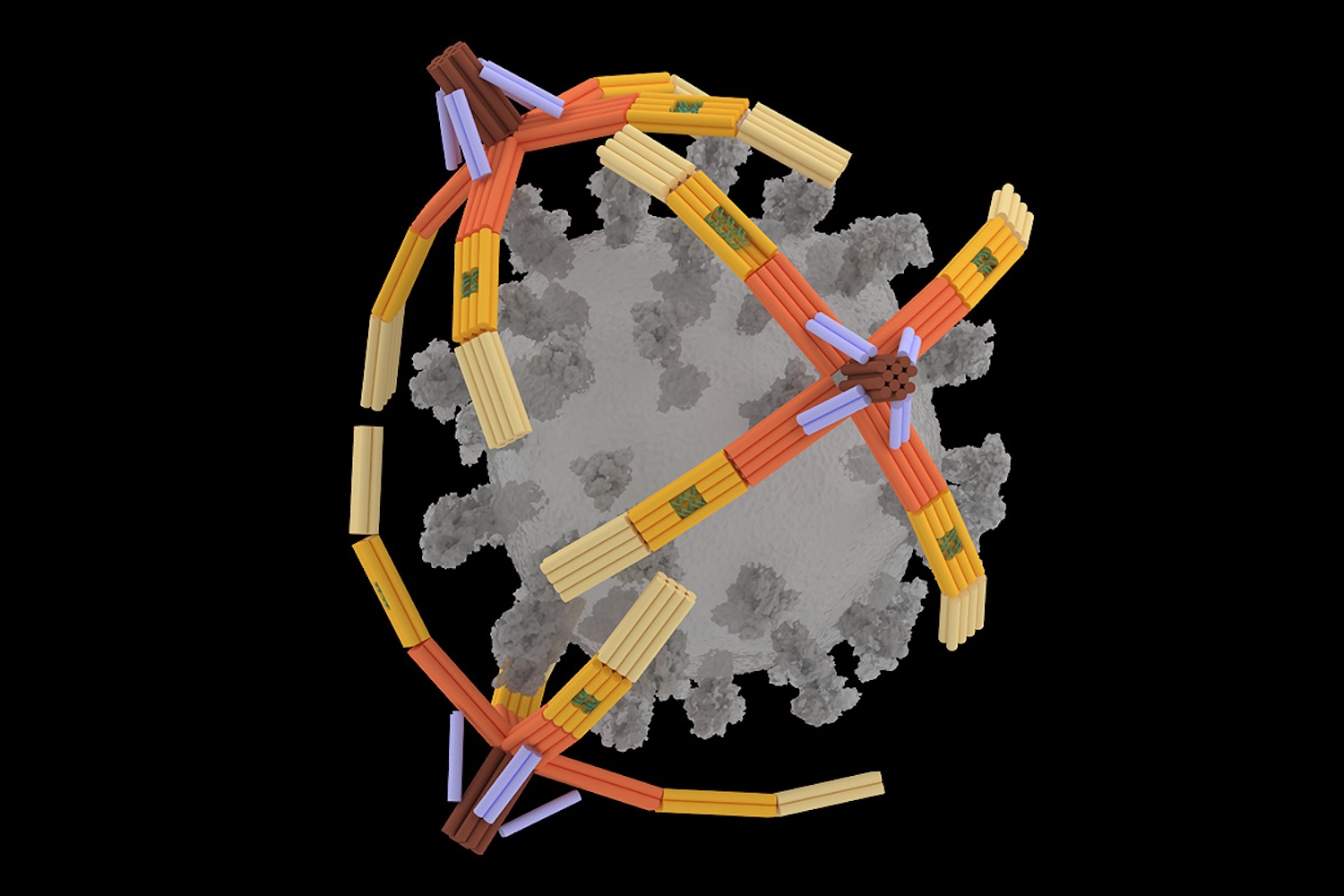Happiness may make us feel good – indeed, that’s sort of the point – but does it actually serve a clear evolutionary purpose, or is it just an accidental byproduct of some other adaptation? Some long-lived orangutans have the answer.
Researchers from the University of Edinburgh and University of Arizona enlisted the help of zookeepers from around the world to determine the happiness of 184 total orangutans. The keepers were asked to determine how often each orangutan was in a good mood versus a bad mood, how much enjoyment each got out of social interactions, and whether the various orangutans succeeded at the goals they seemed to set for themselves. And, possibly just for fun, the researchers asked the keepers to imagine how happy they would be if they swapped places with the various orangutans.
That was seven years ago. When the researchers returned to the orangutans, they discovered that the ones who were still alive were overwhelmingly the ones who the keepers considered happiest. Even adjusting for sex, age, and species, the happiest orangutans were consistently the longest-lived ones. We already know that orangutan and humans share many of the same genetic components for happiness, so there’s a good chance that this result can speak to the roots of human happiness.
So then, what does this say about our evolution? It’s possible that there’s a general awareness among primates that happier individuals tend to live longer, and that longevity might be a desirable trait in a mate. It’s also possible that, because happier individuals live longer, they end up breeding more, which means the number of individuals who are predisposed to happiness will eventually overwhelm the genetic grumps.
Either way, it’s unlikely that happiness causes this longevity, or vice versa, and the researchers say the connection between the two is almost certainly more complex than that. Our best chance of understanding the connection is to find the genes that govern both happiness and health – if they happen to be the same genes, that could go a long way to explaining the evolution of happiness. Even if a species can survive without happiness, it’s hard to get very far without a genetic predisposition to health.
Via Biology Letters.













